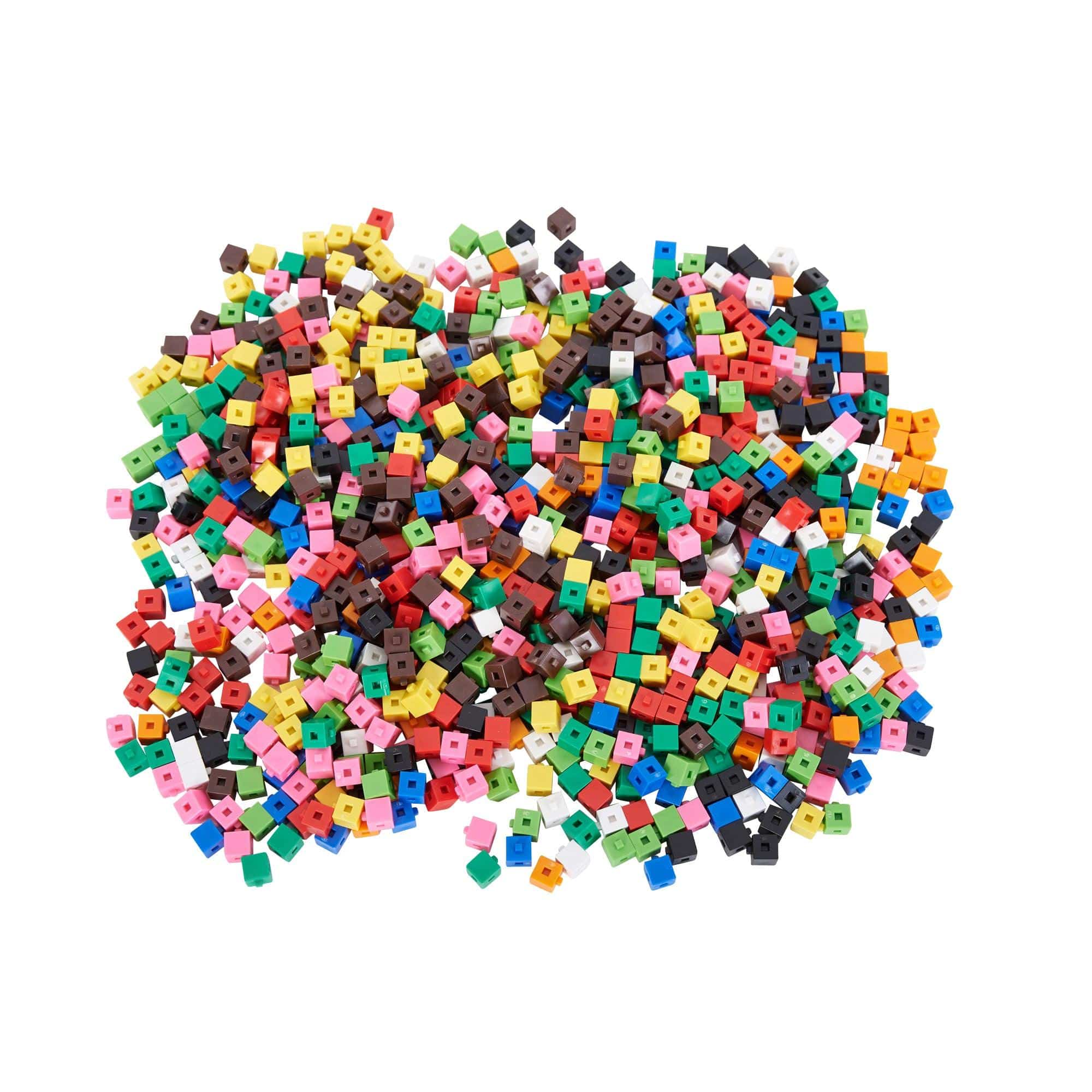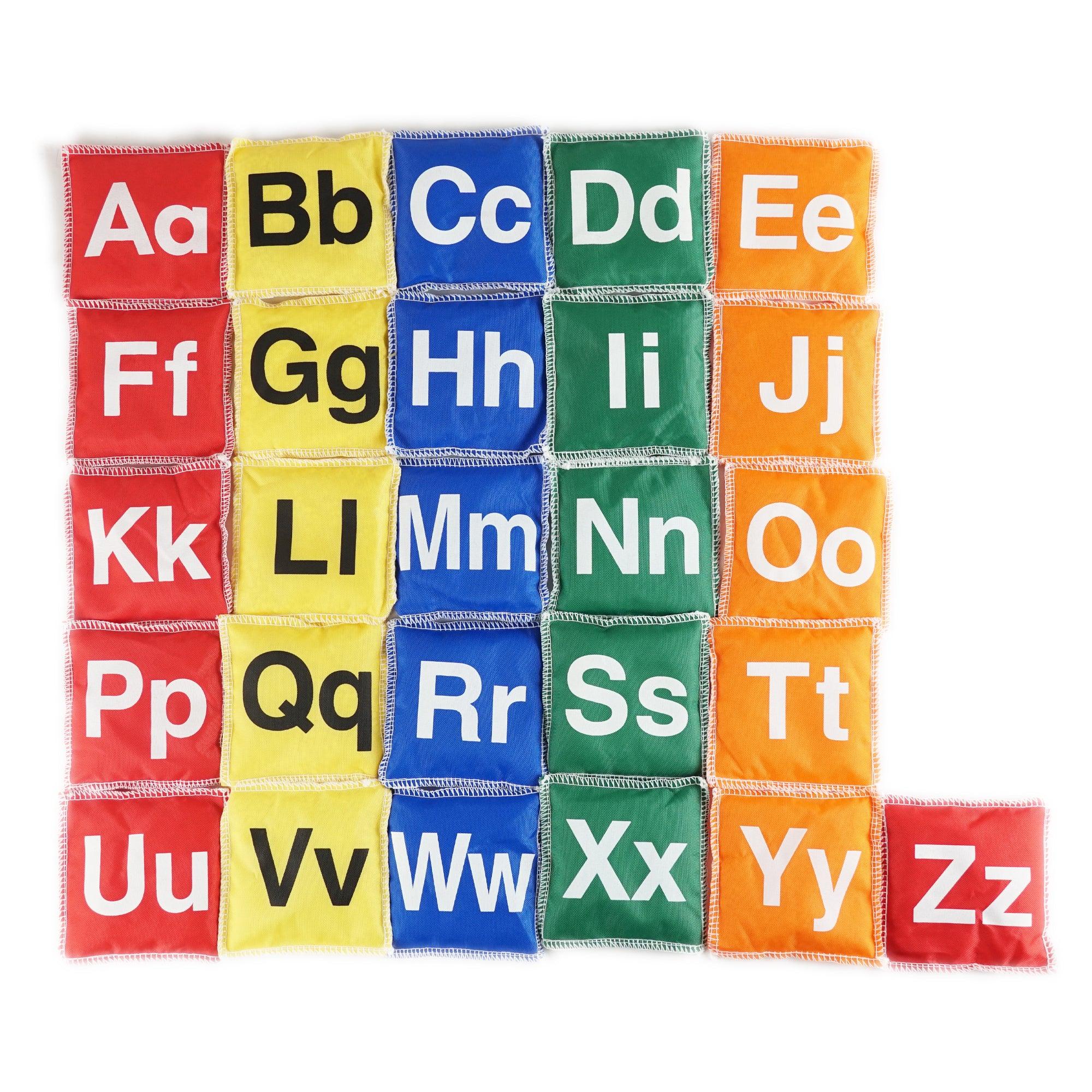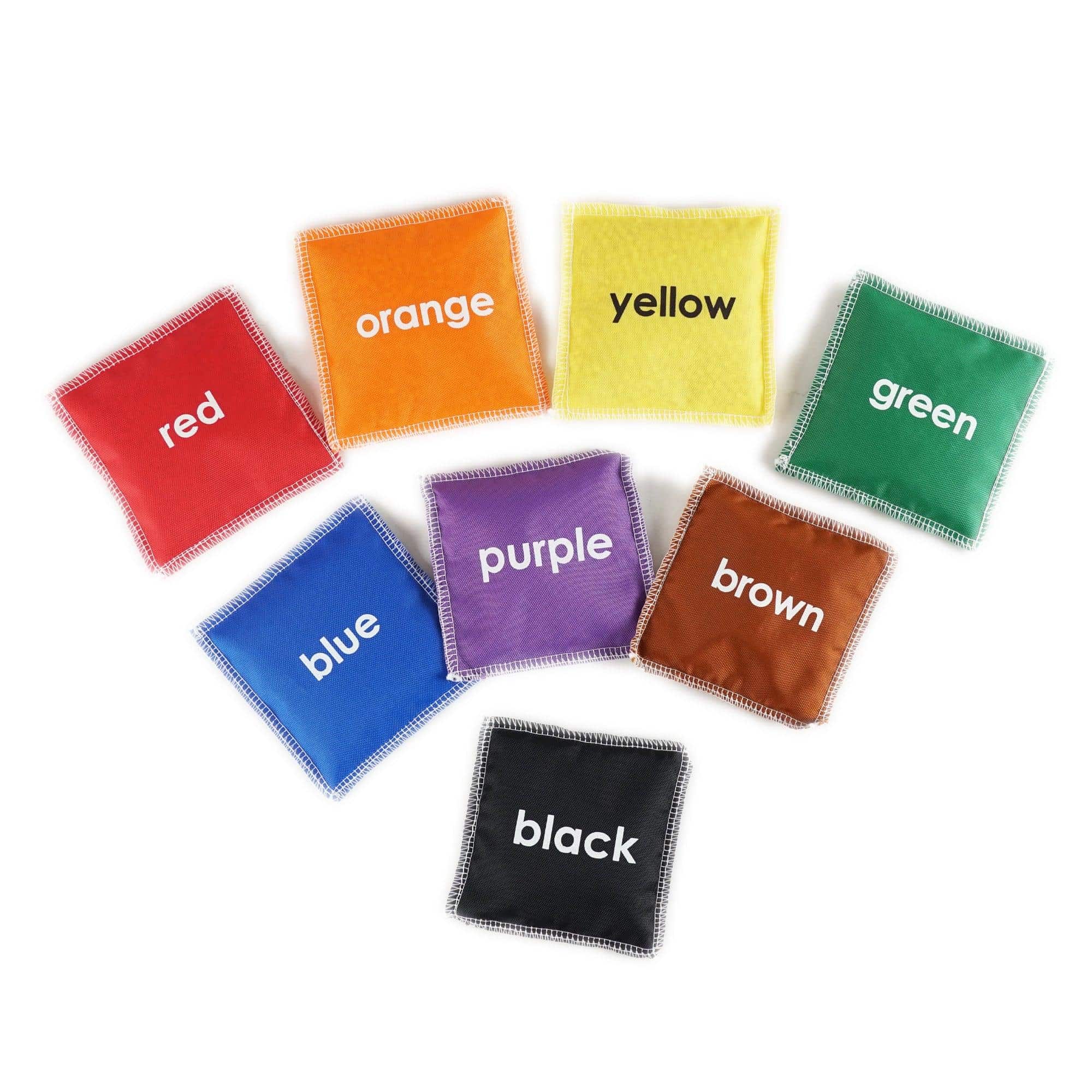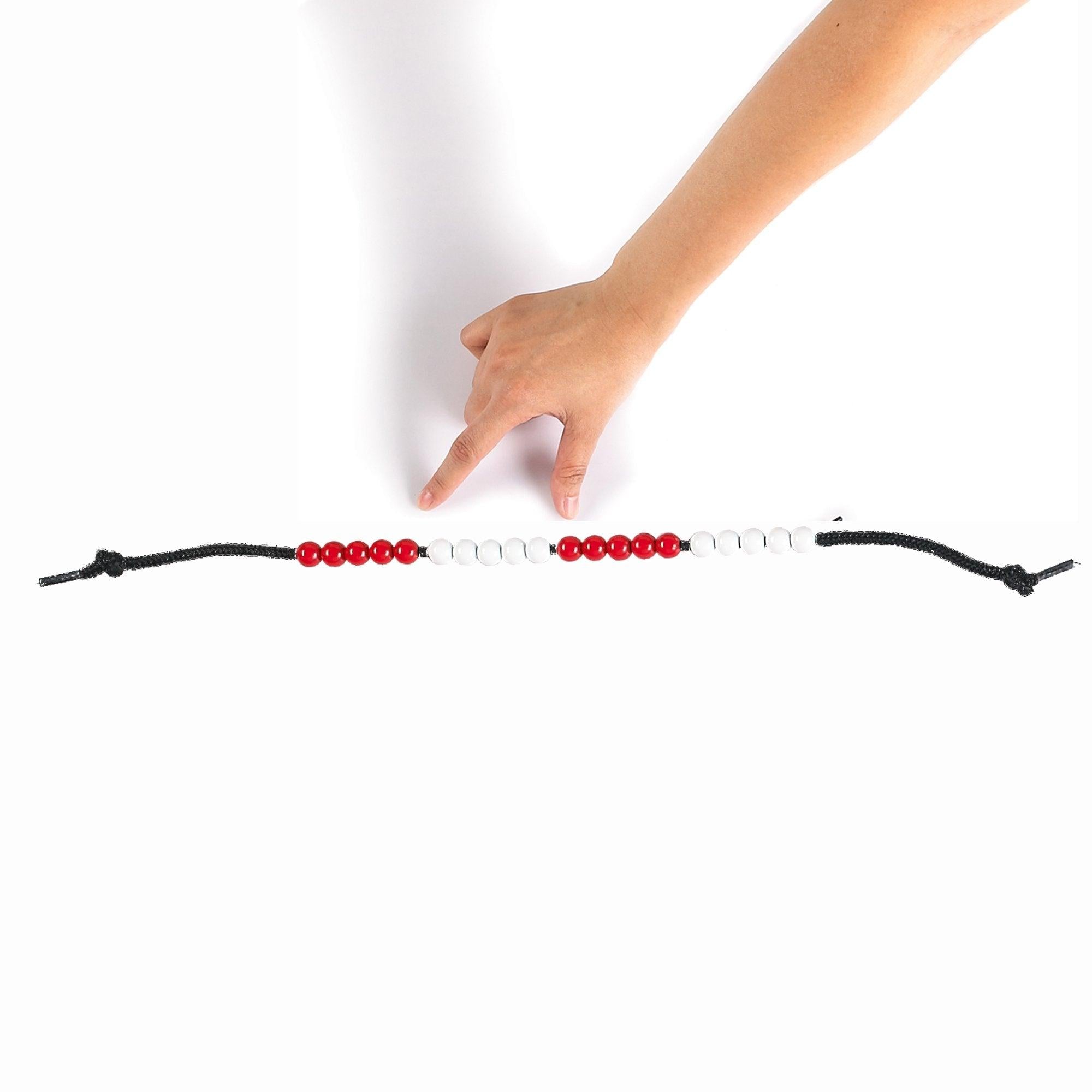The Benefits of Sensory Toys for Children with Sensory Processing Disorders
Introduction
Sensory toys play a crucial role in the development and well-being of children with sensory processing disorders. These disorders, also known as sensory integration dysfunction, affect how the brain processes information from the senses, leading to difficulties in daily life activities. Sensory toys are designed specifically to engage the senses and provide a positive sensory experience, offering a range of benefits for children with sensory processing disorders.
Benefits of Sensory Toys for Children with Sensory Processing Disorders
Here are some key benefits that sensory toys can provide:
1. Stimulation of Multiple Senses
- Sensory toys are designed to engage multiple senses simultaneously, allowing children to receive a rich sensory experience.
- They can help children develop awareness and coordination of their senses, which is crucial for their overall development.
- By stimulating various senses, sensory toys can enhance sensory integration and improve sensory processing abilities in children with sensory processing disorders.
2. Calming and Stress Relief
- Sensory toys offer a soothing and calming effect on children with sensory processing disorders.
- They provide a safe outlet for children to self-regulate their emotions and reduce anxiety.
- The tactile nature of sensory toys can offer comfort and promote relaxation, helping children to manage stress effectively.
3. Improved Focus and Attention
- Engaging with sensory toys requires concentration, leading to improved focus and attention span in children with sensory processing disorders.
- The sensory input provided by these toys can enhance cognitive abilities, including memory and problem-solving skills.
- By encouraging sustained attention, sensory toys can support children in participating in various activities and tasks.
4. Motor Skill Development
- Sensory toys promote the development of fine motor skills, gross motor skills, and hand-eye coordination in children.
- Manipulating different textures, shapes, and sizes of sensory toys helps strengthen finger and hand muscles.
- Building these motor skills is essential for daily tasks such as writing, dressing, and self-care activities.
5. Sensory Exploration and Creativity
- Sensory toys encourage children to explore their senses and discover new sensory experiences.
- They provide a platform for imaginative and open-ended play, fostering creativity and self-expression.
- Through sensory exploration, children can learn about cause-and-effect relationships, problem-solving, and critical thinking.
6. Social Interaction and Communication
- Shared play with sensory toys can enhance social interaction and communication skills in children.
- By engaging in sensory-based activities together, children can learn to take turns, share, and cooperate with others.
- The multisensory nature of these toys can also support language development and non-verbal communication.
7. Sensory Integration and Regulation
- Sensory toys assist in integrating sensory information effectively, supporting children in organizing and regulating their responses to sensory input.
- They aid in developing sensory processing strategies, which are essential for managing sensory overload or sensory-seeking behaviors.
- With regular use, sensory toys can help children with sensory processing disorders become more aware of their sensory needs and develop effective coping mechanisms.
Conclusion
Sensory toys offer numerous benefits for children with sensory processing disorders. From stimulating multiple senses to promoting motor skill development and social interaction, these toys play a significant role in enhancing the overall well-being and development of children with sensory processing disorders. By providing a positive sensory experience, sensory toys empower children to explore their senses, regulate their responses, and engage with the world around them more successfully.




